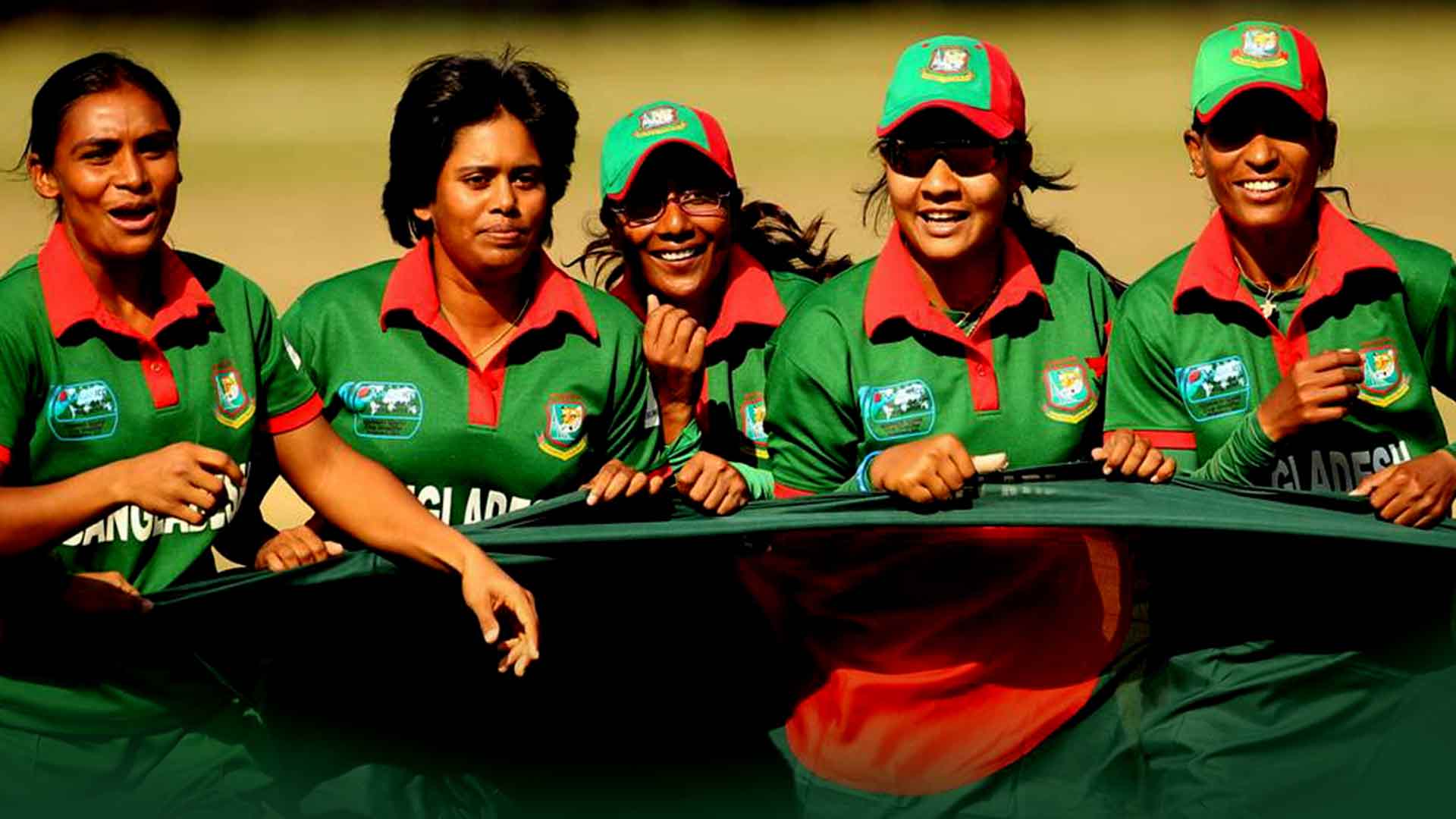In the ever-evolving landscape of Bangladeshi society, women have progressively broadened their roles, fearlessly pushing the boundaries of traditional gender norms and achieving remarkable strides in fields that were once exclusively reserved for men.
This transformative shift is markedly pronounced in the vibrant realms of arts and athletics, where a new generation of young women is bravely reshaping the narrative through their unwavering determination to challenge entrenched paradigms and theories.
This essay will meticulously delve into the compelling and uplifting narratives of resilient young Bangladeshi women who have triumphed over significant obstacles to emerge as pioneering figures in culture and sports.
Empowering through Sports
The growing prominence of women in cricket fundamentally reshapes the narrative in a nation with an unwavering devotion to the sport. Jahanara Alam has emerged as a highly influential figure in women’s cricket in Bangladesh, garnering acclaim for her exceptional speed, agility, and skill on the field.
Salma Khatun, the national women’s cricket team captain, enjoys widespread admiration for her strategic insight and remarkable leadership. Their contributions bring honour to the nation and serve as powerful symbols of progress, shattering longstanding stereotypes and prejudices about women’s participation in sports, especially on the global stage.
Moreover, expanding opportunities for women in cricket extends beyond the national team to encompass grassroots initiatives to nurture and develop young talent. Cricket academies across the country are actively and fervently promoting young women’s participation and involvement in the sport.
These initiatives provide them with comprehensive and well-organised training programmes, offering a supportive environment where they can enhance their skills and grow as athletes.
This transformative shift not only redefines the role of women in cricket, but it also serves as a catalyst for a fundamental societal shift, leading to an increasing celebration, respect, and reverence for female athletes for their outstanding achievements and contributions to the sport
The Art’s as a Medium of Expression:
Bangladeshi girls are receiving global acclaim for their remarkable achievements in music, dance, and the visual arts. Renowned musicians such as Shobnom Bubly, who is leading the way in contemporary dance, and Elita Karim, known for her deeply emotive music, are breaking barriers and reshaping traditional gender roles. These artists use their work to express themselves and empower other young women, inspiring them to pursue their passions without limitations.”Among the younger artists challenging established norms in the visual arts, Tasnima Ivy stands out for creating thought-provoking pieces that encourage critical thinking and reflection.
She offers a new perspective on societal issues through her artwork and initiates meaningful conversations on often controversial topics such as identity, culture, and social inequality. By consistently addressing these themes in her work, Ivy challenges the status quo and contributes to a broader dialogue on pertinent social challenges.”
Challenges and Triumphs:
Despite achieving significant success in their sports and creative pursuits, these young ladies have encountered various challenges. Individuals often face societal norms, preconceived notions, and limited resources.
However, the perseverance and resolve shown by these young ladies reflect their commitment to overcoming these obstacles and creating positive change.
The concerted efforts of various groups and initiatives, such as organisations, clubs, and advocacy campaigns, have played a crucial role in advancing gender parity in the performing arts and athletics. These efforts, through mentorship programmes, training workshops, and awareness campaigns, have significantly contributed to identifying and developing talent among young women within these domains.
By providing a supportive network and platforms for skill enhancement, these communities have empowered countless young women to navigate and overcome social and cultural barriers that hinder their progress. Consequently, these women are better equipped to pursue their aspirations and ambitions in the performing arts and athletics.
Furthermore, the government’s proactive policy initiatives, including legislative reforms, funding allocations, and public awareness campaigns, have also been instrumental in promoting gender equality within these sectors. This transformational shift in the prevailing narrative fosters an environment that recognises and nurtures talent and potential, regardless of gender.
The increasing number of female athletes and artists in Bangladesh points to a significant societal shift in traditional gender roles. These trailblazing young individuals are rewriting history by challenging long-standing stereotypes and reshaping power dynamics.
Their unwavering dedication to pursuing their dreams is actively contributing to the progressive transformation of Bangladesh’s cultural milieu, fostering a more open and inclusive society. This generation of young women is exemplifying that gender should not serve as a barrier to achieving success and that endless opportunities abound for those who dare to envision a brighter future.

